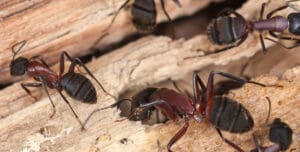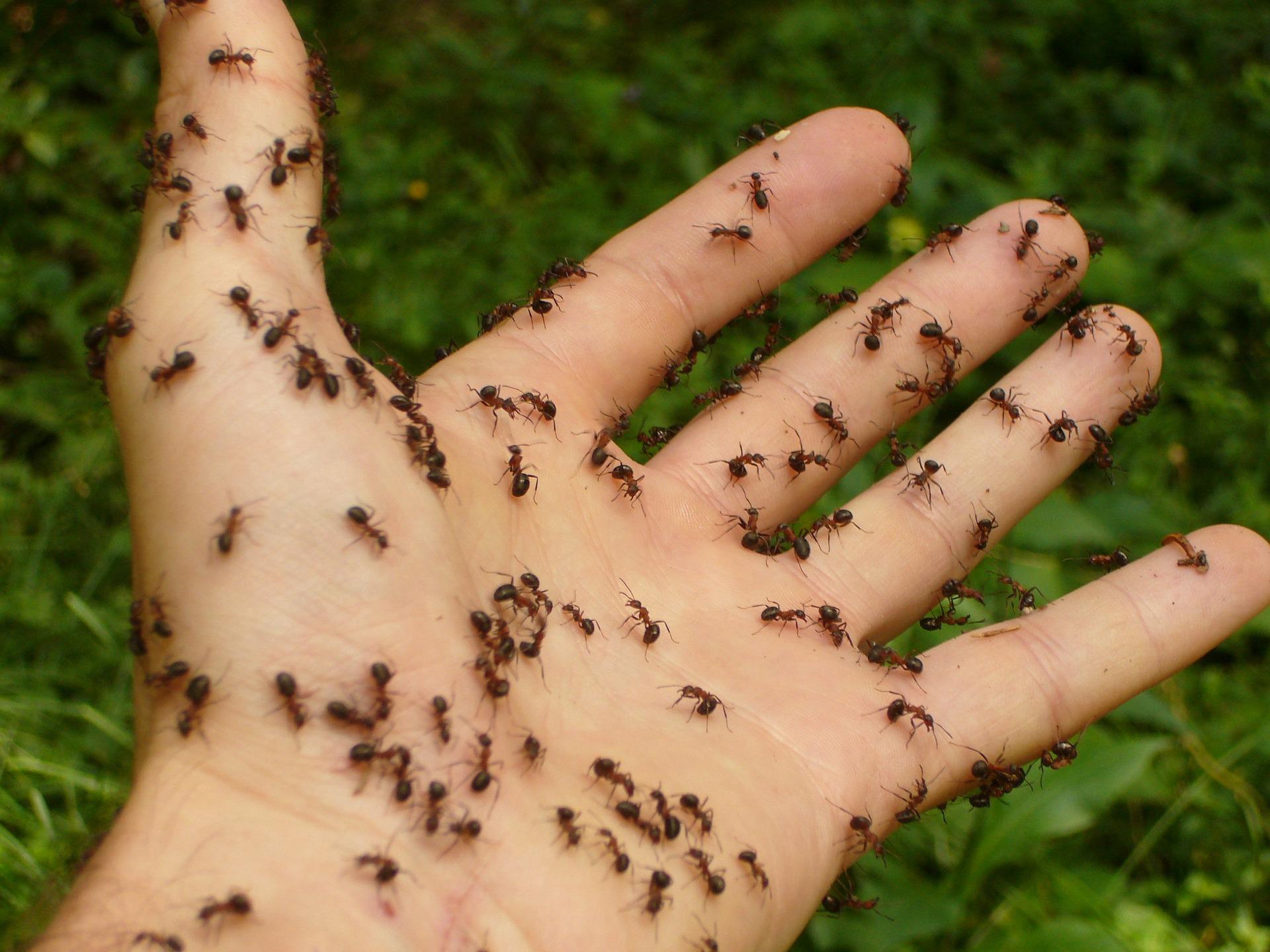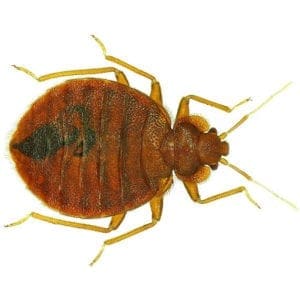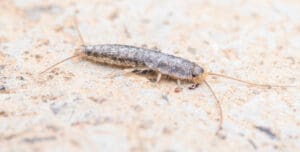

How to Control Ants in Your Yard and Keep Them from Coming Back
Although tiny, ants have the power to cause massive problems when they find their way to your property. Humid summers and seasonal changes in New Jersey create the perfect environment for ant infestations and are a common concern for homeowners. From fire ants and pavement ants to odoirois house ants, early intervention is vital when it comes to ant infestations.
The Twin-Boro professionals understand the importance of protecting your yard and home from these persistent pests. In this article, we take a closer look at how to prevent ants at home in New Jersey, and unpack the importance of outdoor ant control combined with long-term prevention strategies.
Common Ant Species Found in Yards
When it comes to the outdoors, ants are one of the most common insects you will encounter, and several species of ants are known to impact yards and homes. The most common outdoor ants you’ll find in your yard include fire ants, pavement ants, Argentine ants, carpenter ants and odorous house ants. Each of these ant species has distinct behaviors and characteristics that influence how they interact with the environment and whether or not they become a nuisance.
- Fire Ants: These ants are notorious for their painful sting and aggressive behavior. They are known for building large mounds in open areas and will swarm aggressively if they are disturbed. These ants make outdoor spaces extremely hazardous, especially for children and pets. They can also quickly damage lawn and turf equipment with their hard-packed dome-shaped mounds.
- Pavement Ants: As the name suggests, these ants are often found living under sidewalks, driveways and patio stones. They are small, dark brown or black, and forage in trails which can cause disruption when they enter homes looking for food sources. While pavement ants don’t cause structural damage to a property, their mere presence around cracks and foundations can be annoying and of course, unsightly.
- Odorous House Ants: As the name suggests, this species of ant is smelly as they emit a rotten coconut-like odor when they are crushed. You will mostly find these ants nested in soil or under stones, mulch and logs. Odorous ants are also known for their foraging trails and have a tendency to enter homes during the warmer months. This species of house ants are actually considered the most common ant infestation in New Jersey, and often invade kitchens and pantries looking for sugary substances.
- Carpenter Ants: These are large, black ants that are known to tunnel through wood in order to create nests. While they are commonly found in wooded or damp areas, carpenter ants are known to damage wooden structures if they make their way into sheds or the home itself.Unlike termites, carpenter ants don’t eat wood however they still cause significant structural issues over time.
Natural and Chemical Solutions for Controlling Ants
Ridding your property of ants requires a combination of cleanliness, persistence and the correct treatment strategy. So, whether you are dealing with the occasional ant trail in your kitchen or a full-blown infestation in your yard, both commercial and natural ant pest control solutions are effective, depending on the severity, of course.
One of the most popular lines of defense against ant infestations is DIY methods and the most reliable of all DIY methods is the use of white vinegar and water sprays. These sprays disrupt the scent trails and should be strategically sprayed along baseboards, countertops, and entry points to deter ant activity.
Other natural ant deterrents include citrus peels, cinnamon, and peppermint oil. It’s important to note that citrus contains d-limonene and this is actually toxic to ants. When it comes to orange and lemon peel, rubbing them close to entry points can help deter ants. When mixed with water and sprayed around the house, peppermint oil is known to mask scent trails and repel ants due to its strong smell.
When it comes to persistent infestations, commercial pest control solutions are necessary. Twin Boro provides professional and highly targeted ant control solutions that are tailored to your yard and home. Our licensed pest technicians are able to identify the specific ant species invading your property, locate nests and implement integrated pest management plans to address visible problems as well as the cause of the problem.
How to Prevent Ants from Returning
Long-term prevention strategies are the most effective ways to avoid recurring ant infestations in your yard or home. Treating an active infestation is vital but it’s also important to consider the prevention of future colonies from taking hold of your yard or home. By targeting specific elements that attract ants, homeowners are able to reduce the possibility of a reinfestation.
One of the most notable prevention strategies is yard maintenance. Ants find their way to your property in search of shelter and food, both of which can be found in overgrown or cluttered areas. This is why it is important to regularly mow the lawn, trim gardens, and remove yard debris.
Another issue to consider is moisture. Many ant species are drawn to rotting or damp wood. This is why it’s important to fix outdoor faucets, clean gutters, and make sure that you have proper drainage around the foundation of your home.
When it comes to the inside of your property, it is just as important to fix leaky pipes under sinks, in bathrooms, and basements. We also suggest using a dehumidifier in damp areas as this will make the environment less appealing to ants. Another tip - always seal entry points to your home. Inspect your home’s foundation, windows, doors, and any utility openings for cracks or gaps.
Enjoying an Ant-Free Yard
Preventing ants from taking over your property requires a comprehensive and strategic approach that is able to address both immediate infestations and long-term property risks.
Effective ant pest control is not simply about spraying chemicals. At Twin-Boro, our experienced technicians are trained in strategic Integrated Pest Management (IPM) techniques and will combine targeted treatments with detailed inspections and preventative measures.
Our goal is to rid your property of the root of the infestation while minimizing environmental impact. With a strong track record and expert technicians, we are a trusted and reliable partner in protecting your home from pests.






